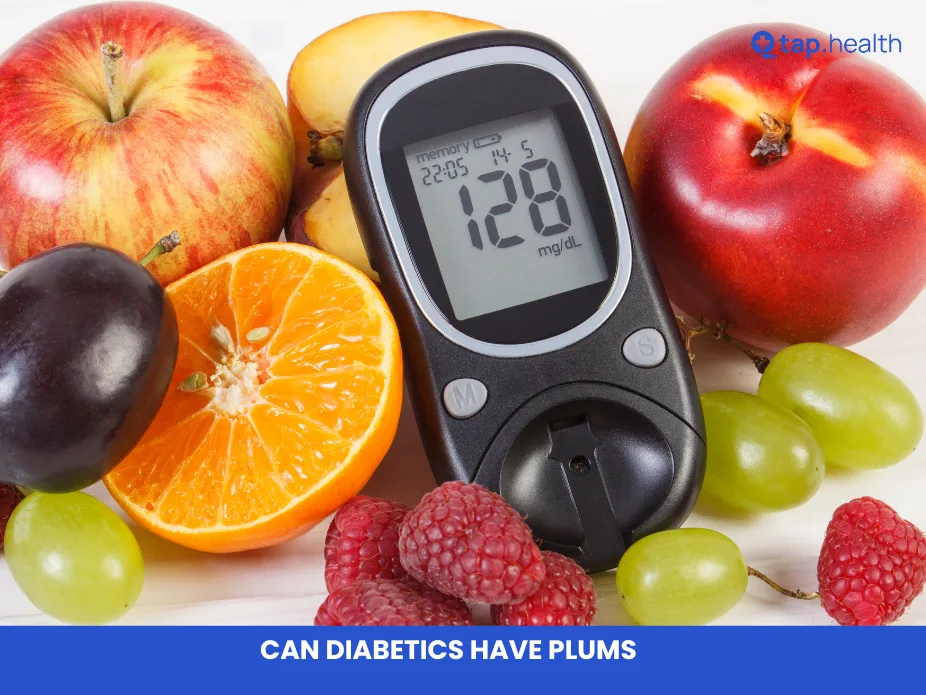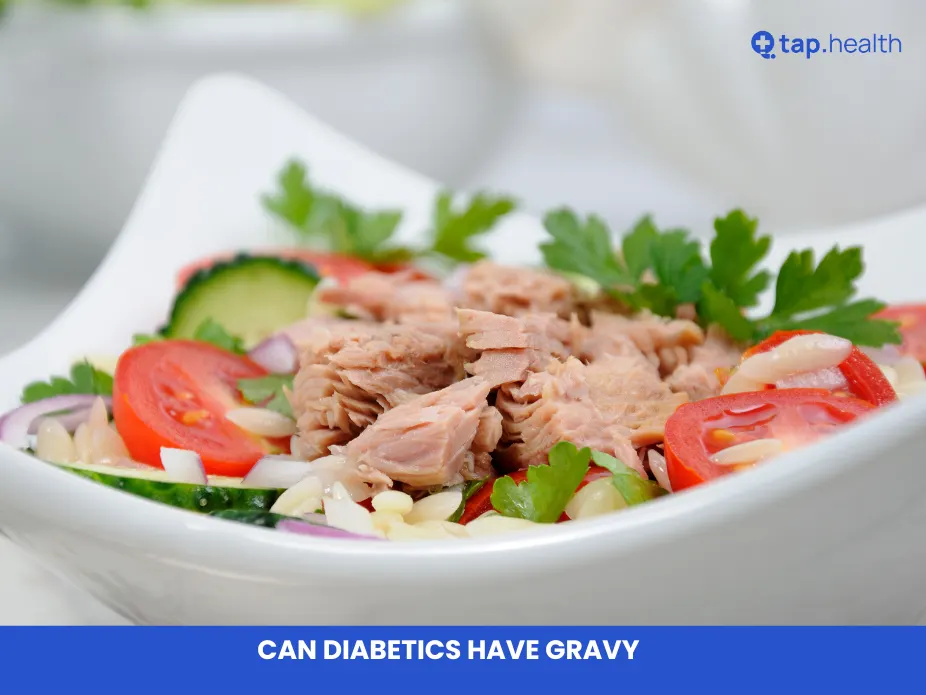Hangovers are an unpleasant consequence of excessive alcohol consumption. They can leave you feeling tired, nauseous, and with a throbbing headache. Fortunately, there are several remedies that can help alleviate these symptoms and aid your hangover-fighting punch. In this article, we will explore five effective remedies that can help you recover from a night of heavy drinking.
Understanding Hangovers: Causes and Effects
Before we delve into the remedies, it’s important to understand what exactly causes hangovers and how they affect your body. Hangovers are primarily caused by the toxic byproducts of alcohol metabolism in your body. These byproducts can cause inflammation, disrupt your body’s normal functions, and result in the unpleasant symptoms associated with hangovers.
The Science Behind Hangovers
When you consume alcohol, your liver works to metabolize it into acetaldehyde, a toxic substance. Acetaldehyde is then broken down into acetic acid, which is further broken down and eliminated from your body. However, when you drink in excess, the conversion of acetaldehyde to acetic acid cannot keep up, resulting in a build-up of acetaldehyde in your system. This build-up is one of the main causes of hangovers.
How Hangovers Impact Your Body
Hangovers can have a wide range of effects on your body. They can cause dehydration, disrupt your digestive system, impair cognitive function, and weaken your immune system. These effects can leave you feeling fatigued, nauseous, and with difficulty concentrating. Understanding these impacts will help you better appreciate the importance of the following remedies.
Dehydration is a common consequence of excessive alcohol consumption during a night of revelry. Alcohol is a diuretic, meaning it increases urine production and leads to fluid loss. This fluid loss can leave you feeling parched and can also result in electrolyte imbalances, contributing to the overall discomfort of a hangover.
Furthermore, the disruption of your digestive system during a hangover can lead to unpleasant gastrointestinal symptoms. Alcohol irritates the lining of the stomach and can increase the production of stomach acid, leading to heartburn, nausea, and even vomiting. These symptoms can make it difficult to keep food down and can further exacerbate feelings of fatigue and weakness.
In addition to the physical effects, hangovers can also impact your mental functioning. Alcohol impairs cognitive function by affecting neurotransmitters in the brain. This can result in difficulties with memory, concentration, and decision-making. So, not only are you dealing with physical discomfort, but your ability to perform mentally demanding tasks may also be compromised.
Lastly, hangovers can weaken your immune system, making you more susceptible to illnesses. Alcohol suppresses the immune system, reducing its ability to fight off infections. This is why you may find yourself more prone to catching a cold or flu after a night of heavy drinking.
Understanding the intricate ways in which hangovers impact your body is crucial in finding effective remedies. By addressing the dehydration, digestive disruption, cognitive impairment, and weakened immune system, you can alleviate the symptoms and recover more quickly from a night of indulgence.
The Importance of Hydration in Hangover Recovery
One of the key factors contributing to hangover symptoms is dehydration. Alcohol is a diuretic, which means it increases urine production and can result in excessive fluid loss. This dehydration can worsen the intensity of hangover symptoms. Therefore, it is crucial to prioritize hydration as one of the main remedies for hangover recovery.
How Dehydration Contributes to Hangovers
Dehydration can worsen hangover symptoms due to its negative effects on various bodily functions. It can cause headaches, fatigue, dizziness, and muscle weakness. Additionally, dehydration can impair your body’s ability to process alcohol by slowing down the metabolism of acetaldehyde. By ensuring proper hydration, you can minimize these effects and facilitate a faster hangover recovery.
Best Hydrating Drinks for Hangovers
When it comes to hydrating drinks for hangovers, water is undoubtedly a top choice. However, you can also consider consuming electrolyte-rich drinks such as sports drinks and coconut water to replenish both fluids and essential minerals lost during alcohol consumption. Additionally, herbal teas and fruit juices can contribute to your overall hydration. Aim to consume these beverages throughout the day to maintain optimal hydration levels.
Another excellent option for hangover recovery is consuming foods with high water content. Fruits like watermelon, strawberries, and oranges are not only delicious but also hydrating. They contain a significant amount of water, which can help replenish your body’s fluid levels. Additionally, these fruits are rich in vitamins and antioxidants, which can support your overall well-being during the recovery process.
In addition to drinking hydrating fluids, it is essential to pay attention to your overall diet when recovering from a hangover. Consuming a balanced meal that includes lean proteins, whole grains, and vegetables can provide your body with the necessary nutrients to recover faster. These nutrients can help repair any damage caused by alcohol and support your body’s natural detoxification processes.
The Role of a Nutritious Breakfast in Hangover Relief
After a night of heavy drinking, your body may be deficient in essential nutrients. Consuming a nutritious breakfast can help replenish these nutrients, support your body’s recovery, and alleviate hangover symptoms.
Why Your Body Needs Nutrients After Drinking
Alcohol consumption can deplete several important nutrients in your body, including B vitamins, magnesium, and potassium. These nutrients play crucial roles in various bodily functions, such as energy production, nerve function, and electrolyte balance. By providing your body with a nutrient-rich breakfast, you can help restore these essential nutrients and assist in your hangover recovery.
Ideal Breakfast Foods for Hangover Recovery
When choosing breakfast foods for hangover relief, opt for options that are rich in nutrients and easy on the stomach. Foods high in B vitamins, such as eggs and whole grains, can replenish your body’s stores. Additionally, including fruits, vegetables, and lean proteins will provide your body with necessary antioxidants and amino acids. Consider foods like oatmeal with fresh berries, scrambled eggs with avocado, and a side of spinach for a well-rounded hangover recovery breakfast.
The Power of Rest in Hangover Management
Getting the right amount of rest is essential for hangover recovery. Rest allows your body to repair and recharge, and can significantly improve your overall well-being after a night of heavy drinking.
The Connection Between Sleep and Hangovers
Sleep plays a crucial role in your body’s recovery process. It allows your brain and body to rest and restore their normal functions. Lack of sleep can worsen hangover symptoms by intensifying fatigue, headaches, and overall discomfort. Therefore, making sure you get sufficient rest after a night of drinking is essential for a speedy hangover recovery.
Tips for Restful Sleep After Drinking
Ensure you create a conducive environment for sleep by making your bedroom dark, quiet, and comfortable. Avoid stimulating activities such as using electronic devices before bed, as these can interfere with your sleep quality. Additionally, consider incorporating relaxation techniques such as deep breathing or meditation to help calm your mind and promote better sleep. By prioritizing rest, you can accelerate your hangover recovery process.
Pain Relief Medication: A Temporary Solution for Hangover Symptoms
In cases where the aforementioned remedies might not be sufficient to alleviate hangover symptoms, pain relief medication can provide temporary relief. However, it is essential to use these medications cautiously and as directed.
How Pain Relief Medication Works for Hangovers
Pain relief medications, such as nonsteroidal anti-inflammatory drugs (NSAIDs), can help reduce inflammation and relieve common hangover symptoms like headaches and body aches. They work by inhibiting the production of certain chemicals in your body that cause pain and inflammation. However, it is important to note that these medications only provide temporary relief and should not be relied upon as the sole remedy for hangover recovery.
Precautions When Using Pain Relief Medication for Hangovers
When using pain relief medication for hangovers, it is crucial to follow the recommended dosage and avoid exceeding the recommended limits. Excessive use can lead to potential liver and gastrointestinal complications, especially when combined with alcohol. If you have any underlying health conditions or are on other medications, it is wise to consult with a healthcare professional before taking any pain relief medication.
Light Exercise: Energizing Your Hangover Recovery
Engaging in light exercise can help boost your energy levels and speed up your hangover recovery process. While vigorous exercise may not be recommended during this time, gentle physical activity can have positive effects on your overall well-being.
The Benefits of Light Exercise for Hangover Recovery
Light exercise, such as going for a walk or doing gentle stretches, can help increase blood flow and oxygenation to your muscles and brain. It can also help release endorphins, which are natural mood-boosting chemicals that can help alleviate hangover-related low moods and fatigue.
Tips for Incorporating Light Exercise into Your Hangover Recovery
Start with low-intensity exercises such as yoga or a leisurely stroll. Listen to your body and avoid pushing yourself too hard, as excessive exertion can worsen hangover symptoms. Remember, the purpose of light exercise during hangover recovery is not to break a sweat but to gently get your body moving and promote overall well-being.
In conclusion, dealing with a hangover can be a challenging experience, but there are several remedies that can aid your hangover-fighting punch. By prioritizing hydration, consuming a nutritious breakfast, getting sufficient rest, considering pain relief medication with caution, and engaging in light exercise, you can significantly improve your hangover recovery process. Remember to always listen to your body and seek medical advice if needed. Cheers to a healthier and happier hangover recovery!





